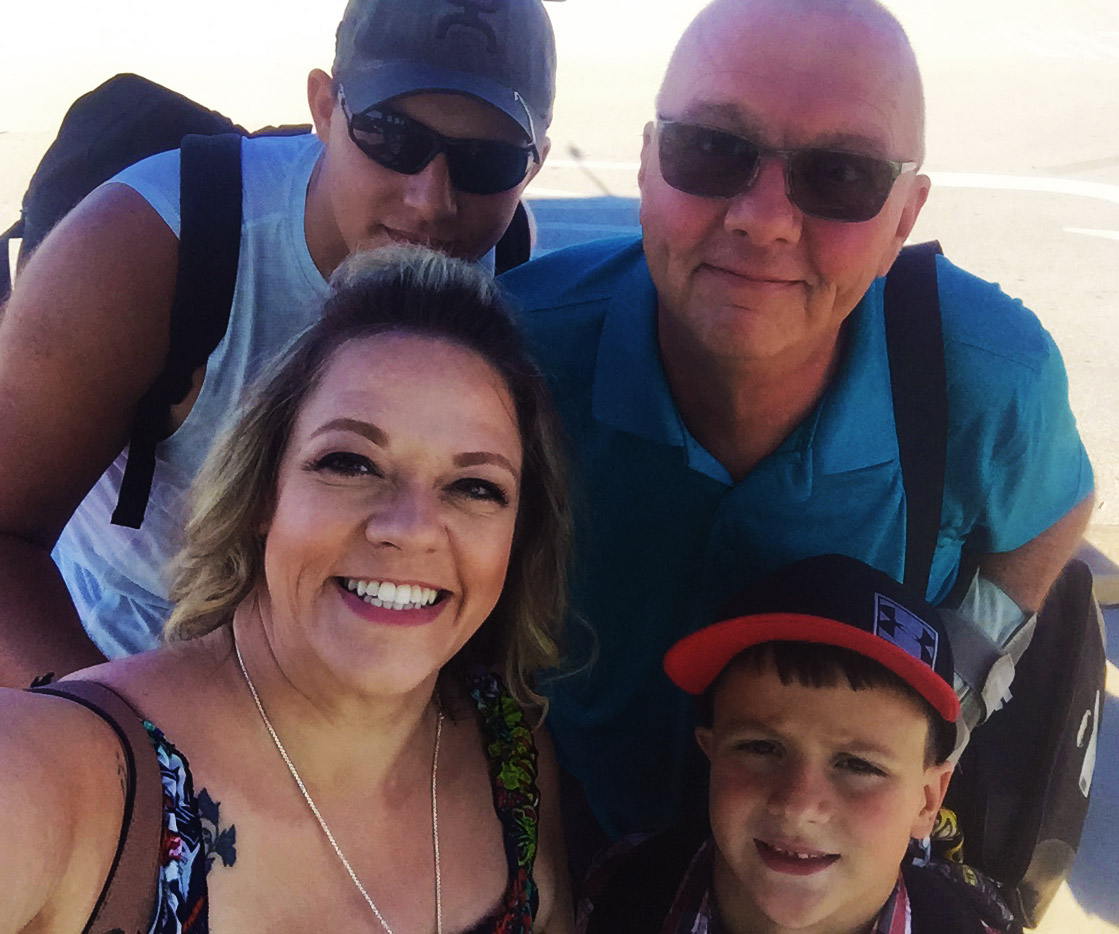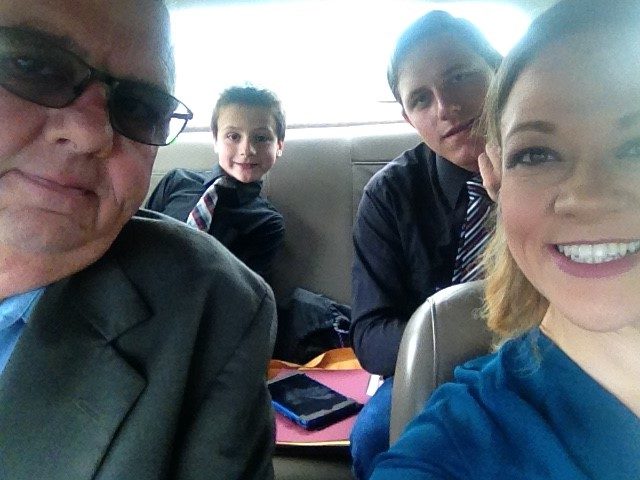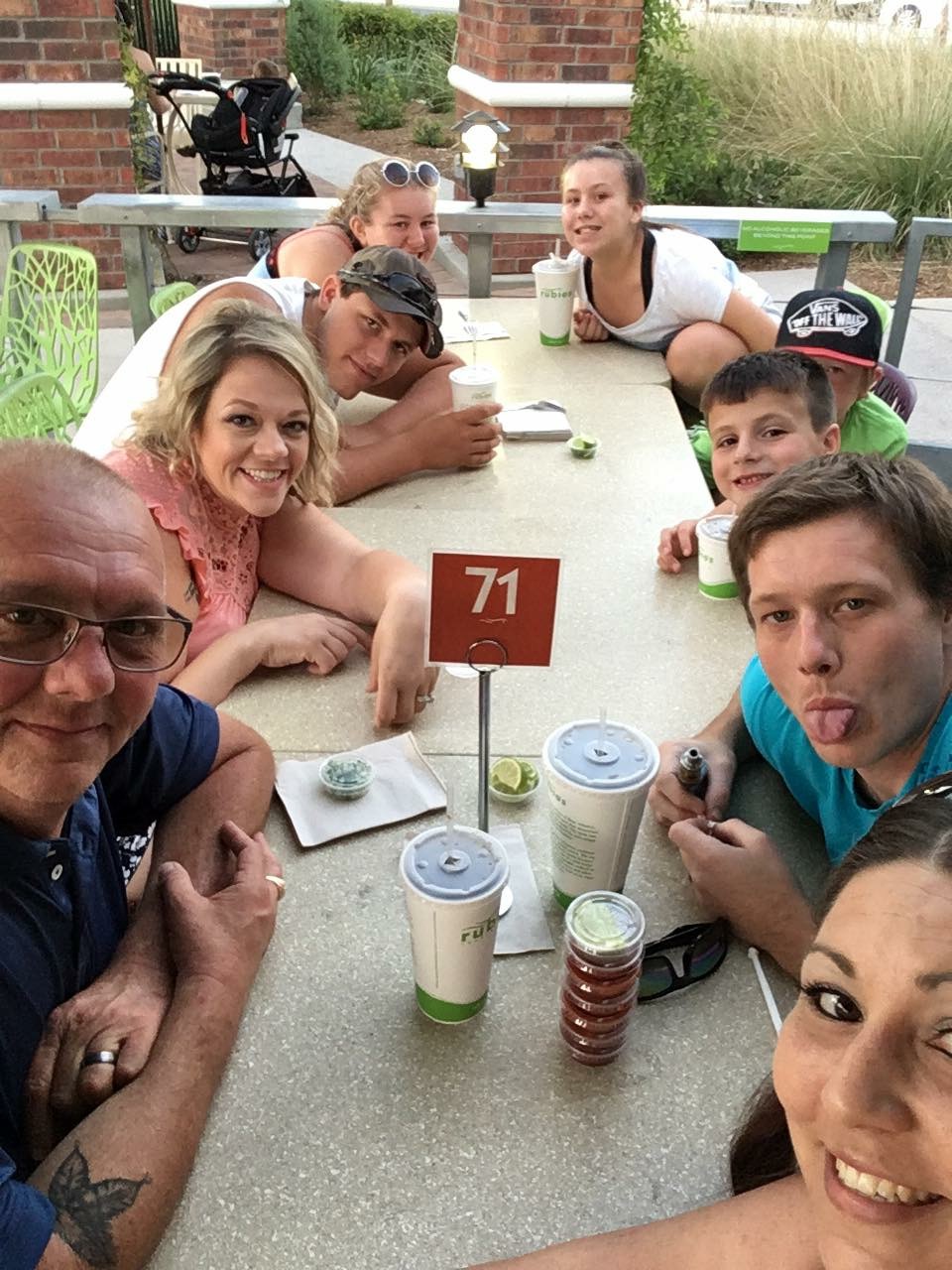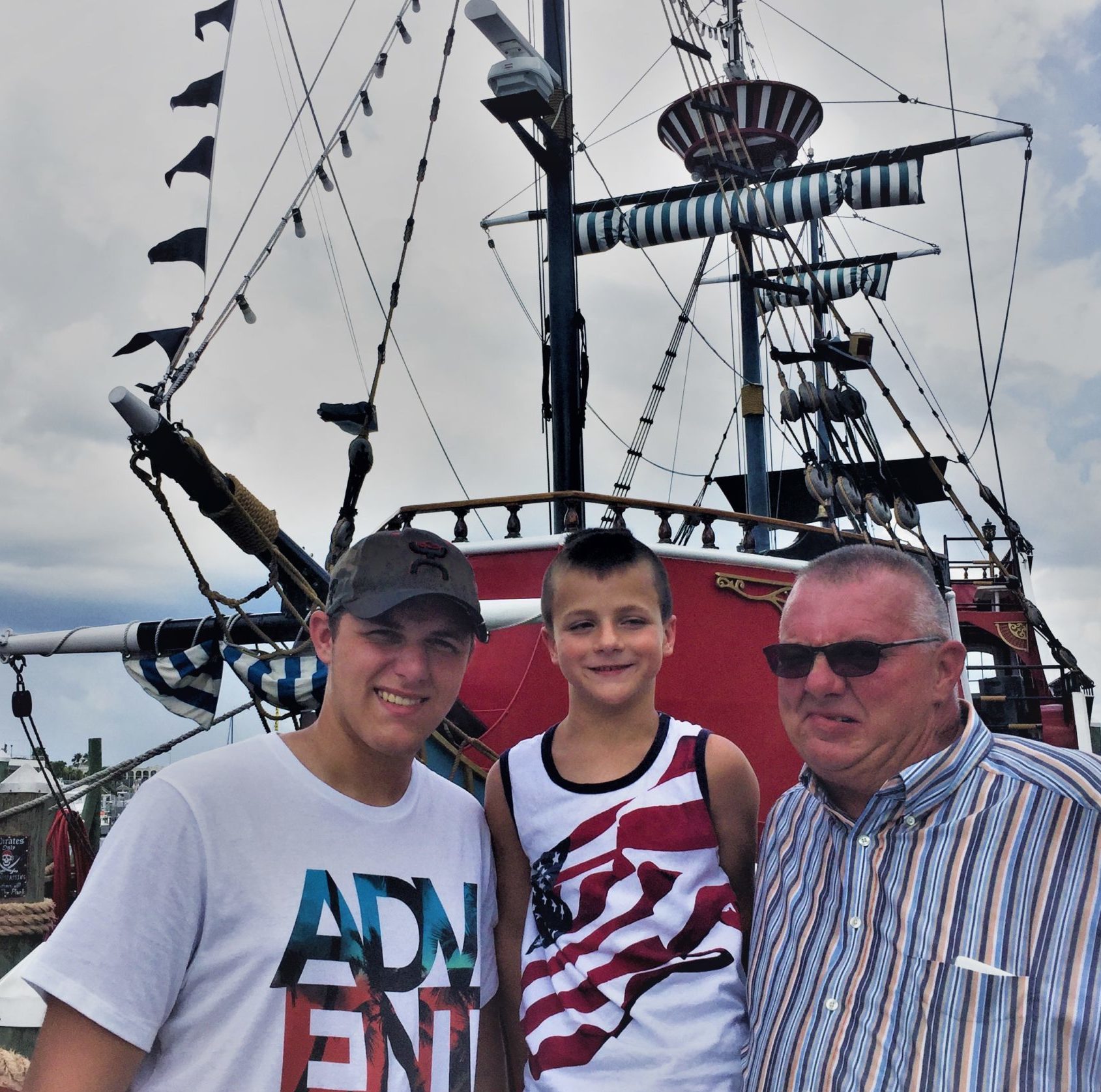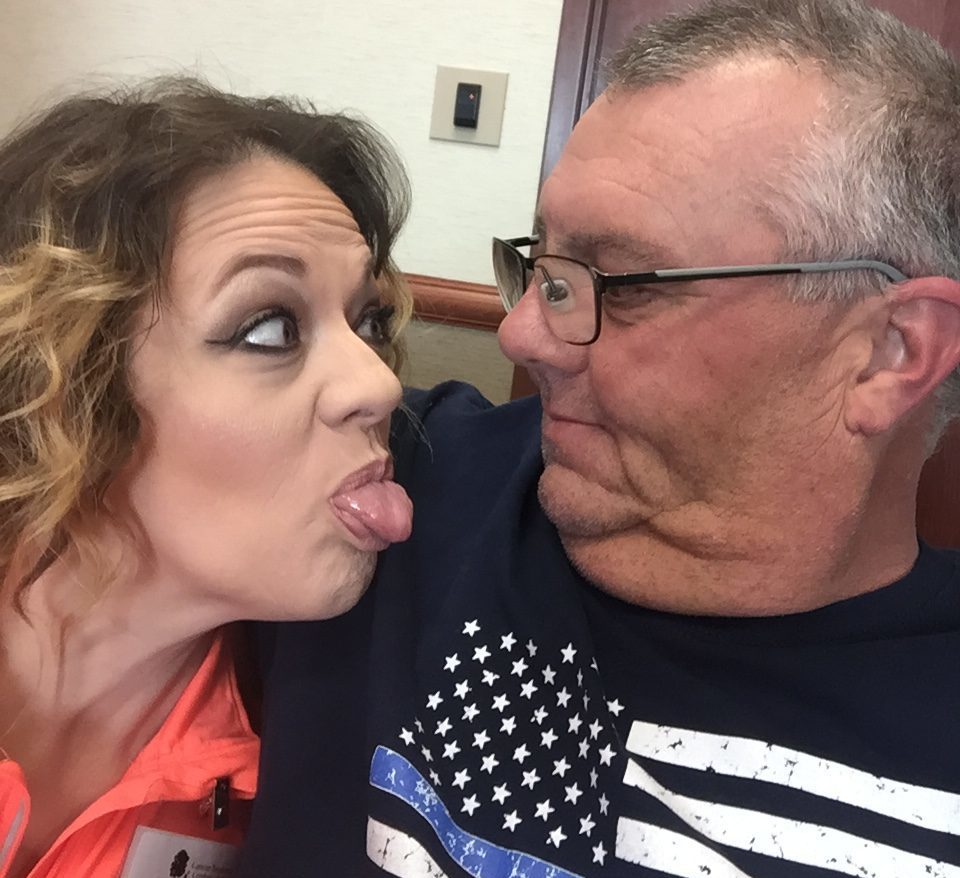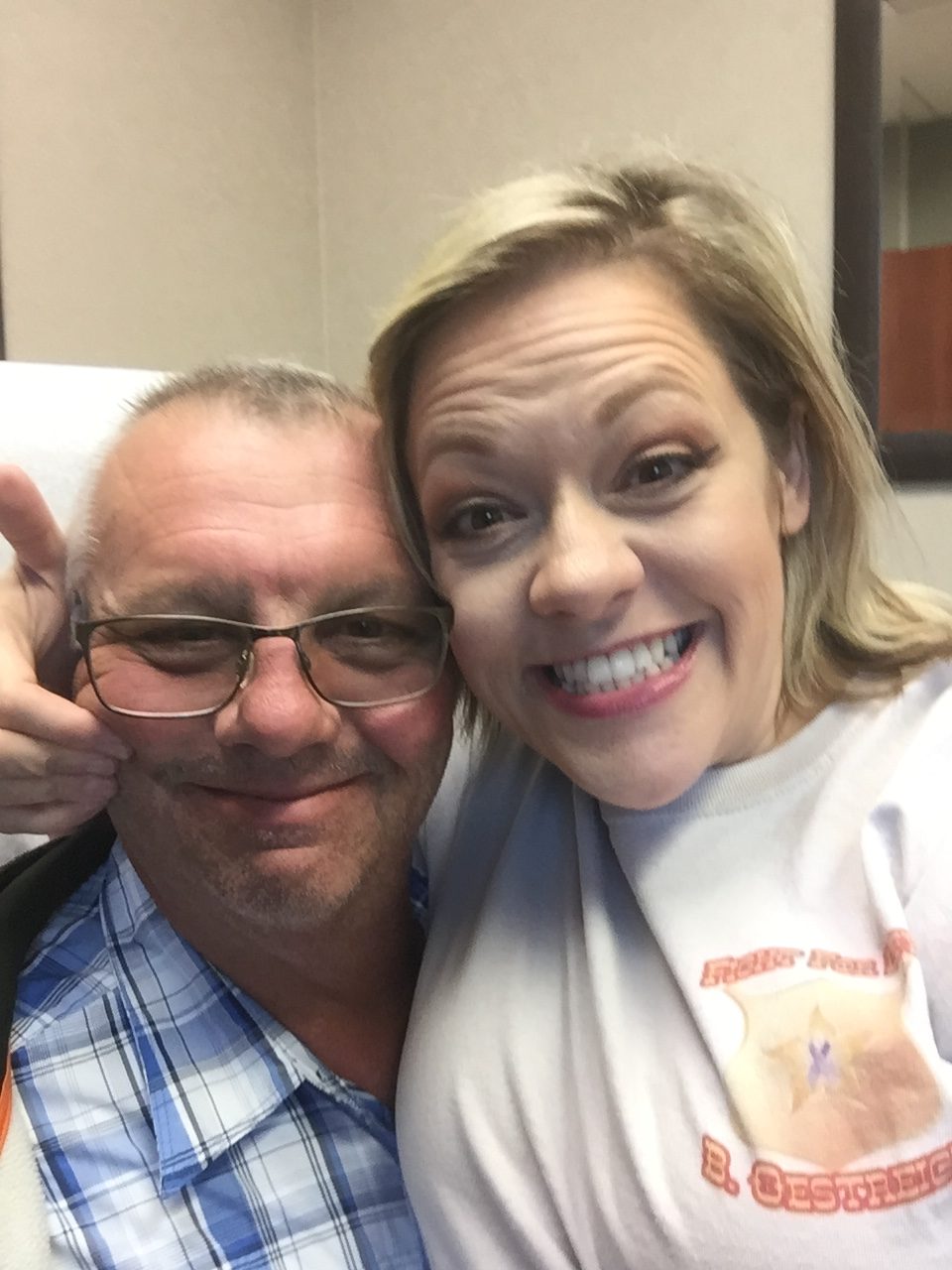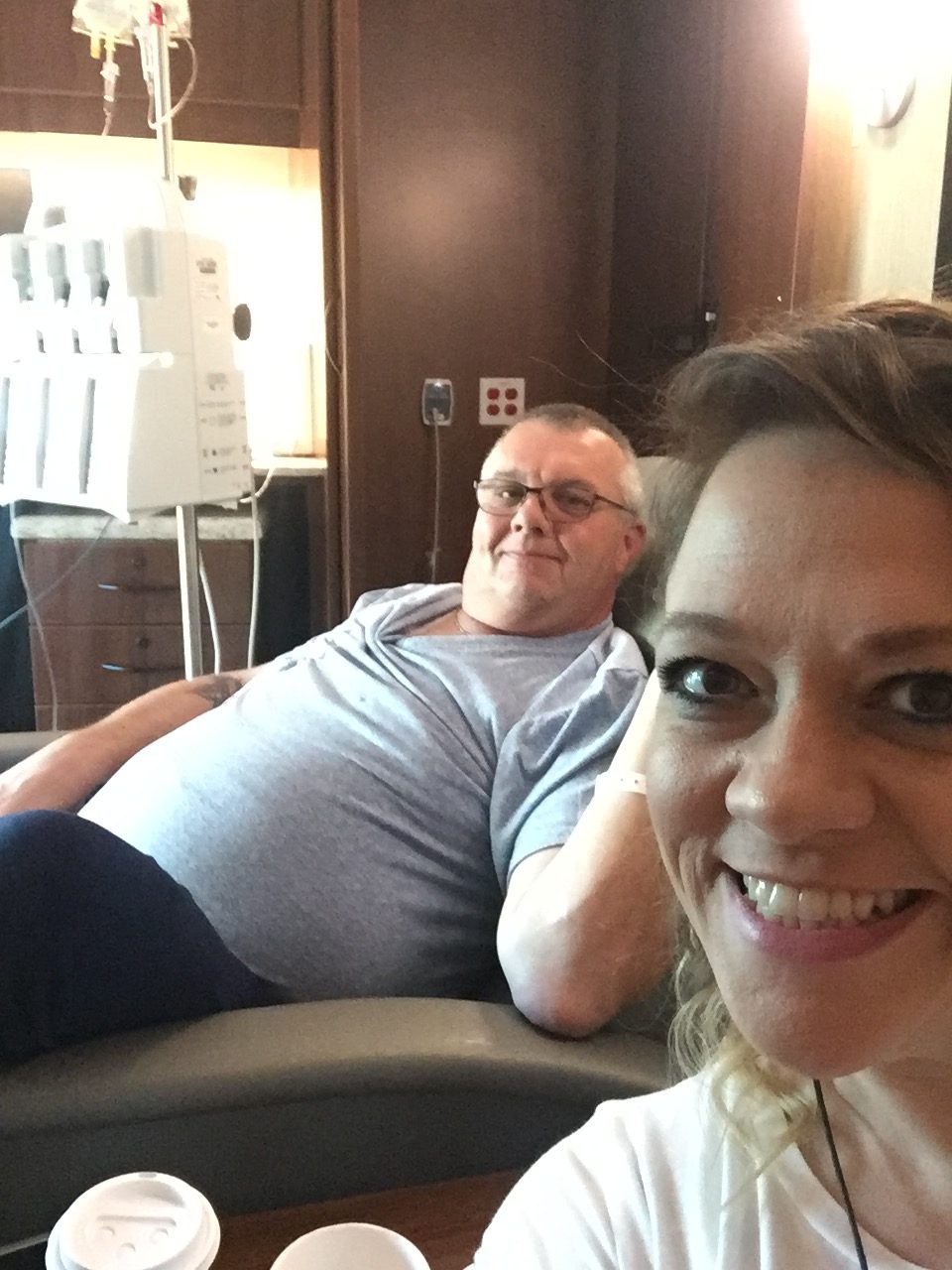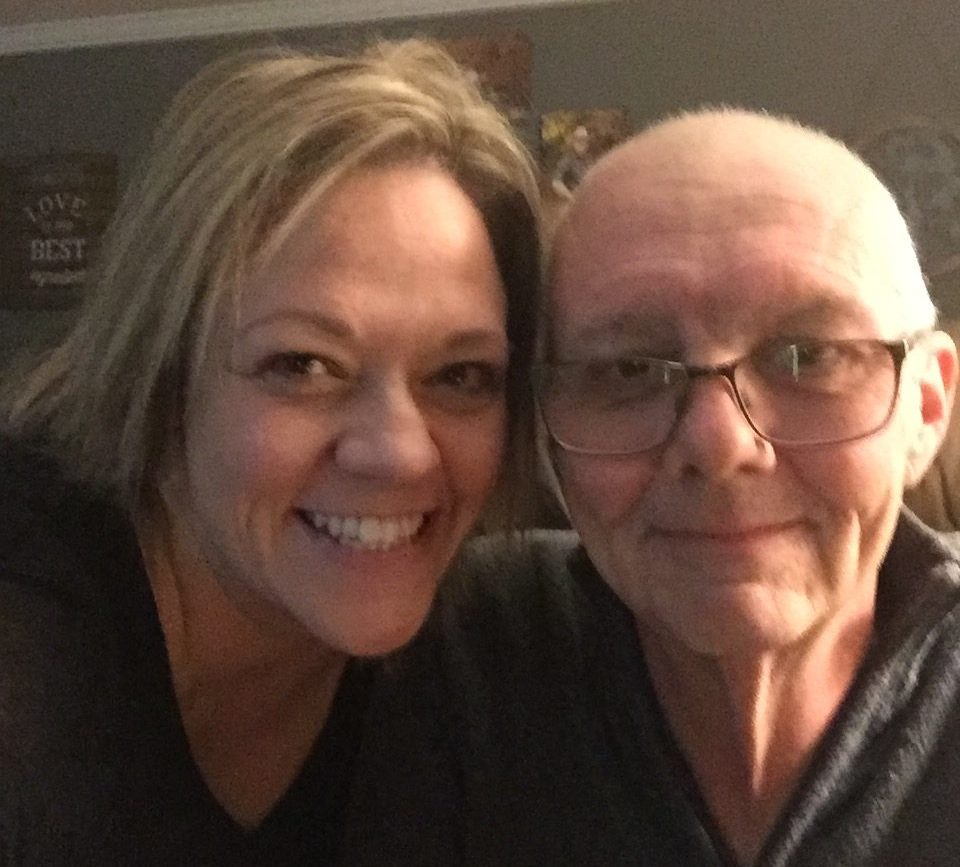Proclaiming a Life-Saving Message: State by State
Missouri: Amy Oestreich
A Search for Meaning
Every year, Amy Oestreich hopes to find some sense or reason for the incomprehensible loss of her 54-year-old husband Brent. That’s why for two years now she’s requested that the Governor of Missouri issue a Proclamation designating April as Esophageal Cancer month in her state. She wants to raise awareness to save others from the tragedy her family experienced. Perhaps something good can come of something too horrible to imagine.
Amy and Brent had no idea he was at risk for Esophageal Cancer until it was too late. And the Oestreichs aren’t alone. Esophageal Cancer can be caused by acid reflux. But a study commissioned by ECAN found that 86% of Americans aren’t aware of this risk – even though more than $8 billion is spent on over-the-counter heartburn remedies every year in this country.
History of Heartburn
Brent was a Deputy in a small town in Missouri near Jefferson City. He had heartburn for years. But his doctor continually prescribed medicine to alleviate his symptoms, never sending Brent for any testing to address his concerns. And he was never warned of the risk that gastroesophageal reflux disease (GERD) can cause cancer.
After years of heartburn, Brent’s symptoms inexplicably stopped. It seemed like good news. But it was actually a sign of something much worse. When a patient’s esophagus becomes so used to the reflux of stomach contents, its lining starts to look and act more like a stomach. The condition is known as Barrett’s Esophagus. And it is the only known precursor of Esophageal Adenocarcinoma, the most prevalent kind of Esophageal Cancer in the United States.
Symptoms More Serious
In February 2017, Brent started noticed it felt like food was getting stuck when he swallowed. In April, he again saw a doctor who agreed to schedule an upper endoscopy to look at his esophagus – but scheduled it for three months later. Soon after his April appointment, Brent was watching his eldest son Gregory play baseball and choked so severely on a hot dog that he nearly passed out. Finally, his symptoms were serious enough to get some attention.
“It doesn’t look good.”
As tests were done and results came in, Amy says she remained in denial. After all, Brent was a Deputy. He was their protector. But on April 19th when the diagnosis came, Brent texted Amy simply, “It doesn’t look good.” Brent’s cancer had spread to his liver. He was diagnosed at Stage IV, which meant he could not have potentially curative surgery.
Amy says Brent received great care at a hospital in Tulsa, but things were not easy. Brent was treated with multiple chemotherapy drugs and frequently suffered toxicity that would slow or prevent treatments. While Amy and Brent traveled for his therapy, their 17-year-old son Gregory cared for his 7-year-old brother Garen. Over time, Brent’s condition weakened and doctors hoped to place a feeding tube to keep up his strength. But Brent’s tumors were so large they left no space for a feeding tube.
Brent had lost nearly half of his body weight by the time he entered hospice care on January 29, 2018, just 10 months from his diagnosis. And scant months before Amy and Brent’s 10th wedding anniversary, Brent passed away, on February 15, 2018.
Loss and Memory
After 17 years together, Amy has so many memories. Perhaps the strongest are how reliably Brent was her protector. He would take her to and from work in snowstorms, even on his days off so that she wouldn’t have to risk the drive. But sometimes memories of the good times are blocked by the pain and heartbreak of the terrible way Brent’s life ended. And the huge vacuum his loss has left for this family, a mother and two sons without the husband and father they cherished and relied upon so much.
What If…
Amy can’t help but wonder how things might have been different if only she and Brent had known that his heartburn was a sign of something more serious – that acid reflux can cause cancer.
That’s why it’s so important to her for Missouri to proclaim Esophageal Cancer Awareness Month this – and every – April. She wants to make sure other families get the life-saving information that she and Brent never received.

